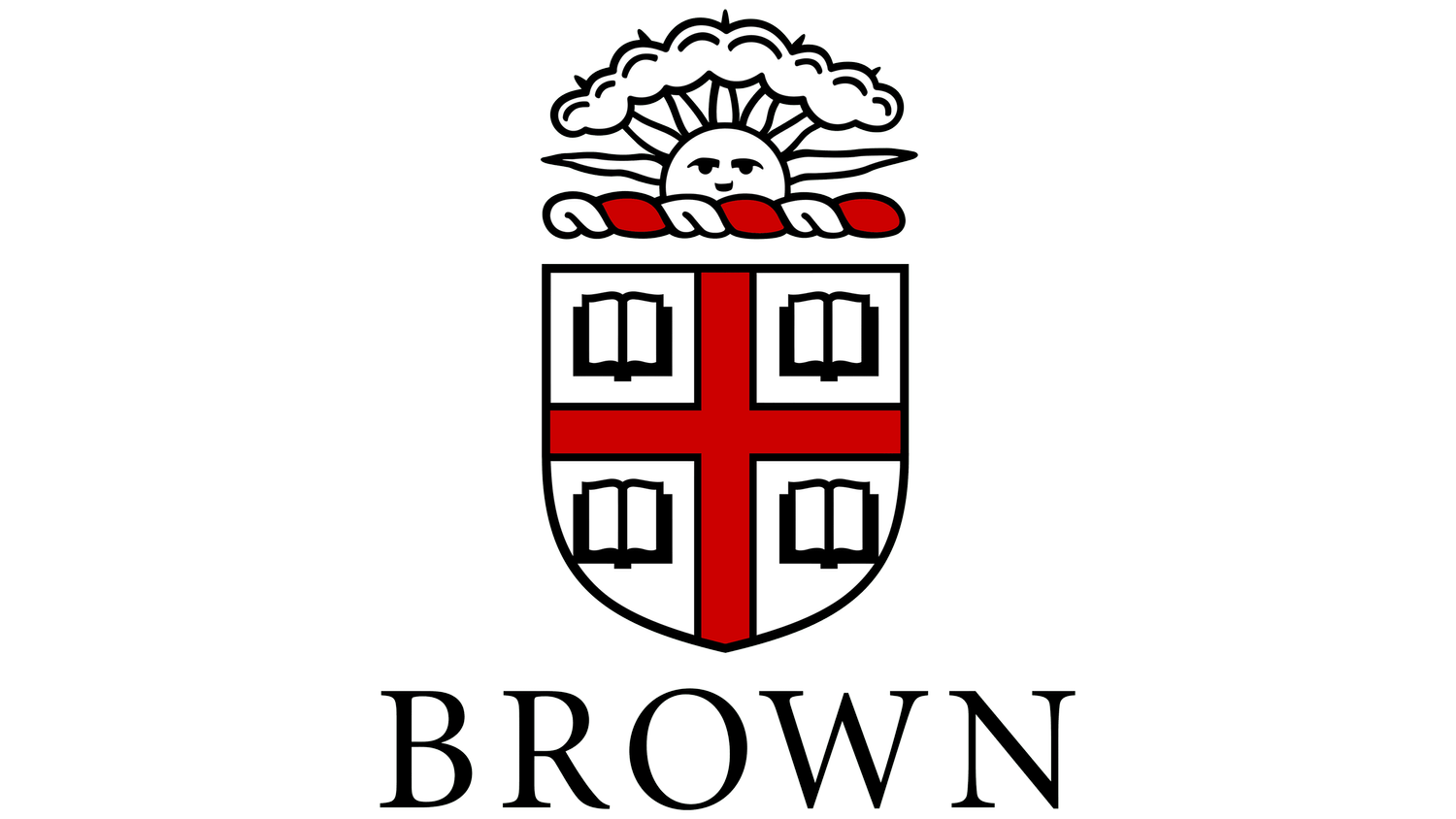
William F. Church Memorial Lecture
November 16th, 5:30pm — Smith-Buonanno Hall 106
Dr. Jennifer Morgan of New York University University:
“On Race and Reinscription: Writing Enslaved Women into the Early Modern Archive”
In this talk, Jennifer L. Morgan uses the history of three black women from the sixteenth and seventeenth centuries to explore questions of methodology and archives in the early history of the Black Atlantic. Through evidence from visual art, law, and commerce, Morgan considers the challenges and possibilities of crafting a social-historical study of women whose voices are so often absent from the archival record, but whose lives and perspectives have proven to be essential for comprehending the origins of racial capitalism.
What is the William Church Memorial Lecture?
The Annual Church Lecture in the Department of History is given in honor of William F. Church, a Professor of History at Brown University for thirty years until his death in 1977.
William F. Church was one of America’s foremost scholars of early modern Europe and one of the most highly regarded professors at Brown. Particularly known for his work in the history of political thought, his books include Constitutional Thought in Sixteenth-Century France, Richelieu and Reason of State, and Louis XIV in Historical Thought.
The Church Lecture brings to Brown a distinguished scholar in early modern history. Colleagues and students from Brown’s History department as well as specialists in early modern studies from around the campus and New England come together for an evening lecture and reception in honor of Professor Church.
Last Year’s William Church Memorial Lecture
“From the Apocalypse to the Idea of Progress in Early Modern Europe.” - John Jeffries Martin, Duke University
In the sixteenth and the first half of the seventeenth century, Europeans expressed their hopes for the future within an apocalyptic, even millenarian frame. But in the late seventeenth and throughout the eighteenth century a new language of hope emerged as the Idea of Progress took hold. This presentation explores this transition with attention both to the emergence of secular values and to shifting notions of Divine Providence in the early modern world.
John Jeffries Martin is a historian of early modern Europe, with particular interests in the social, cultural, and intellectual history of Italy in the sixteenth and seventeenth centuries. He is the author of Venice’s Hidden Enemies: Italian Heretics in a Renaissance City (1993), winner of the Herbert Baxter Adams Prize of the American Historical Association, Myths of Renaissance Individualism (2004), and A Beautiful Ending: The Apocalyptic Imagination and the Making of the Modern World (2022) as well as some 50 articles and essays.

Past Lectures
2022 John Jeffries Martin, Professor of History, Duke University, “From the Apocalypse to the Idea of Progress in Early Modern Europe.”
2021 John McNeill, School of Foreign Service, History Department, Georgetown University "Revisiting Mosquito E1npires in the Time of COVID-19"
2021 Gillian Weiss, Professor of History, Case Western Reserve University and Professor Meredith Martin, School of Arts and Science, New York University ''Remembering Mediterranean Slavery in Early Modern France"
2020 Nick Wilding, Professor of History, Georgia State University "False Impressions: A History of Print Forgery"
2018 Nabil Matar, Professor of History and English, University of Minnesota "Mediterranean Captivity through Arab Eyes, 1517-1798"
2018 Lyndal Roper, Regius Professor of History, Oxford "Luther, Manhood and Pugilism"
2016 Molly Greene, Professor of Hellenic Studies, Princeton University "Ottoman Christians and the question of Ottoman Society"
2015 Elisheva Carlebach, Salo Wittmayer Baron Professor of Jewish History, Culture and Society, Columbia University "Revealed Beauty and Hidden Danger: On Jewish Books of Time in Early Modern Europe”
2014 Paula Findlen, Ubaldo Pierotti Professor of Italian History; Chair, Department of History; Director of the Suppes Center for the History and Philosophy of Science and Technology Director, SIMILE Program, Stanford University "Inventing Medieval Women: History, Memory, and Forgery in Early Modern Italy,”
2013 John Brewer, Eli and Edye Broad Professor in Humanities and Social Sciences, California Institute of Technology, Pasadena "Vesuvius and Pompeii: Travel, Tourism, Science and the Imagination in the Early Nineteenth Century”
2012 Jonathan Israel, Professor of Modern History, Institute for Advanced Study, Princeton "Democratic Republicanism and the Making of the French Revolution (1770- 1792)"
2011 Deborah Harkness, Professor, University of Southern California "Fiction and the Archives"
2010 Carlos M. N. Eire, Riggs Professor of History and Religious Studies at Yale University, “Relinquishing Eternity: The Protestant Reformation and the Secularization of the West.”
2008 Keith Wrightson, Professor, Yale University
2007 Edward Muir, Northwestern University
2006 Natalie Zemon Davis, University of Toronto
2005 William Eamon, Professor, New Mexico State University
2004 John G.A. Pocock, Johns Hopkins University
2003 Loraine Daston, Director, Max Planck Institute for the History of Science, Berlin
2002 Professor Kevin Sharpe, University of Warwick, England
2001 Professor Dale V. Kent, University of California-Riverside
2000 Professor Stuart Schwartz, Yale University
1999 Professor Martha Howell, Columbia University
1998 Professor Mark Kishlansky, Harvard University
1997 Professor Roger Chartier, Ecole des Hautes Etudes en Sciences Sociales
1996 Professor Anthony Grafton, Princeton University
1995 Professor Robert Darnton, Princeton University
1994 Professor Linda Colley, Yale University
1993 Professor Giovanni Levi, University of Venice
1992 Professor J.H.M. Salmon, Bryn Mawr College
1991 Professor David Underdown, Yale University
1990 Professor Carlo Ginzburg, Bologna and U.C.LA.
1989 Professor Caroline Walker Bynum, Columbia University
1988 Professor H.C. Erik Midelfort, University of Virginia
1987 Professor Peter Burke, Emmanuel College, Cambridge
1986 Professor Lawrence Stone, Princeton University
1985 Professor Ralph E. Giesey, University of Iowa
1984 Professor Nancy Lyman Roelker, Boston University
1983 Professor Keith M. Baker, University of Chicago
1982 Professor Olwen Hufton, University of Reading, England
1981 Professor Christopher Hill, Balliol College, Oxford
1980 Professor Simon Schama, Harvard University




